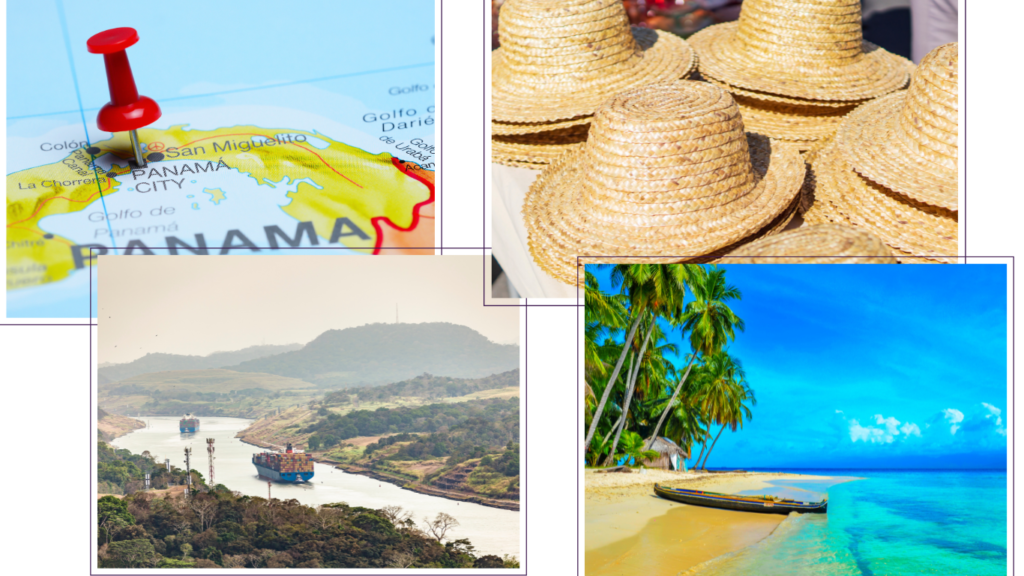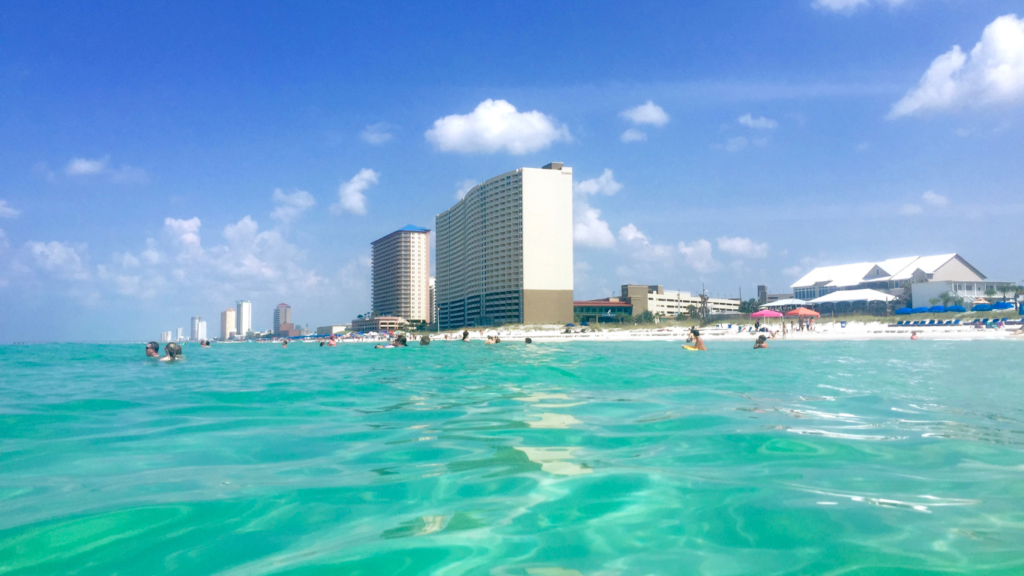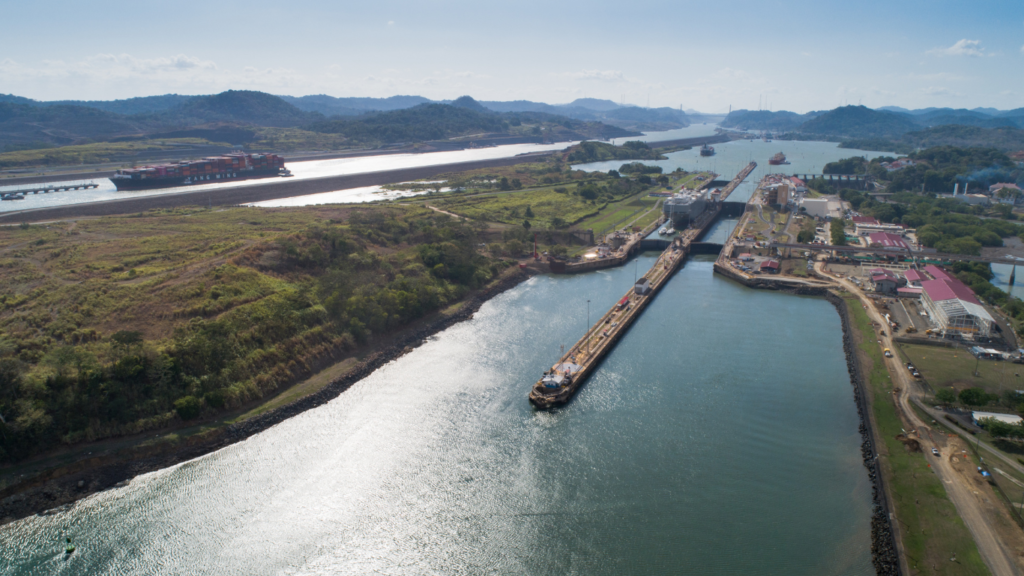Surrogacy Insights
In Panama, the practice of surrogacy exists within a legal gray area, presenting significant challenges and uncertainties for intended parents and surrogates alike. Unlike some countries with comprehensive surrogacy legislation, Panama lacks specific laws governing surrogacy arrangements. This legislative void leaves intended parents vulnerable, with little to no legal protection in case of complications or disputes.
Lack of Safeguards
One consequence of this absence of legal framework is the lack of safeguards for the intended parents if the surrogate decides to change her mind. In such cases, there are no established legal provisions to support the intended parents’ rights or facilitate a resolution.
PGD & PGT Testing
The Criminal Code, in Chapter II on Reproduction and Genetic Manipulation (Art. 145 to 147), provides that the manipulation of human genes for a purpose other than the elimination or reduction of a serious disease or birth defect shall be punishable by imprisonment of between 2 and 10 years. Therefore PGD and PGT testing on embryos may not permitted in Panama. However, it appears these restrictions are limited to embryos created within the country. Despite this restriction, PGD testing is performed in many IVF clinics in Panama.
Maternity
Chapter II of the Panamanian Family Code, which defines the concept of maternity and establishes the process carried out for its recognition, makes it clear that maternity shall be presumed for all legal purposes with childbirth. This would imply that the surrogate would be recognized in the first instance as the mother of the baby, given that she is the one who has given birth.
Same-Sex Rights
Same-sex sexual activity is legal in Panama, but same-sex couples and households headed by same-sex couples are not eligible for the same legal benefits and protections available to opposite-sex married couples. In March 2023, the Supreme Court of Panama ruled that there is no right to same-sex marriage. This ruling was a surprise in the face of the 2018 Inter-American Court of Human Rights ruling that member states are obligated to allow same-sex couples to marry. This presents additional complexities for same-sex couples seeking to pursue surrogacy arrangements to build their families.
Individuals or couples considering surrogacy in Panama should proceed with caution and seek expert legal guidance.

Future Legal Developments
- At present, there is no available information regarding any forthcoming legislation.



